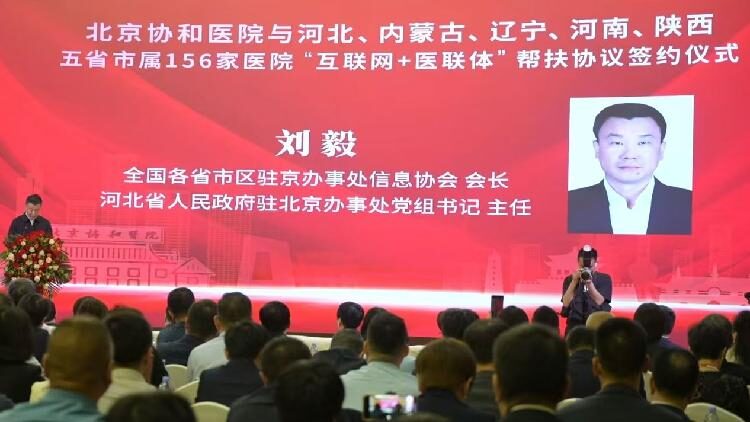Hair loss isn’t just an issue for older generations—today’s teens and young adults are experiencing it too. With the internet awash in hair loss remedies, it’s hard to know what’s fact and what’s fiction.
Enter Professor Liu Ling from Tangdu Hospital at the Air Force Medical University. An expert in dermatology, she debunks common hair loss myths and offers science-backed solutions for those struggling with thinning hair.
Understanding the Roots of Hair Loss
“Hair loss can be caused by a variety of factors, including genetics, stress, nutrition, and hormonal changes,” says Professor Liu. “It’s important to identify the underlying cause to choose the right treatment.”
The Limitations of Traditional Remedies
While traditional remedies are popular, Professor Liu warns that many lack scientific evidence. “Herbal treatments and home remedies might not address the root cause,” she explains. “They can sometimes delay proper treatment.”
Medical Treatments and Medications
Professor Liu highlights the latest medical advancements that can slow hair loss and promote regrowth. “Medications like minoxidil and finasteride have been proven effective for many patients,” she notes. “Consulting a dermatologist is key to finding the right option.”
Considering Hair Transplant Procedures
For those looking for a more permanent solution, hair transplant surgeries offer promising results. “Transplants have evolved significantly,” says Professor Liu. “They can restore a natural-looking hairline with minimal downtime.”
Non-Surgical Alternatives
Not everyone is ready for surgery, and that’s okay. “Wigs and scalp micropigmentation are excellent alternatives,” Professor Liu suggests. “They provide immediate results without medical intervention.”
Hair loss can be challenging, but understanding the facts empowers you to make informed decisions. “Don’t be embarrassed to seek help,” encourages Professor Liu. “Early intervention can make a significant difference.”
Reference(s):
Health Talk: Separating fact from fiction on hair loss treatment
cgtn.com








